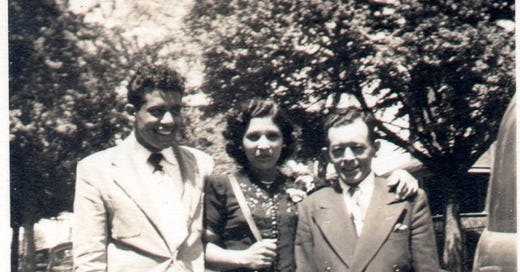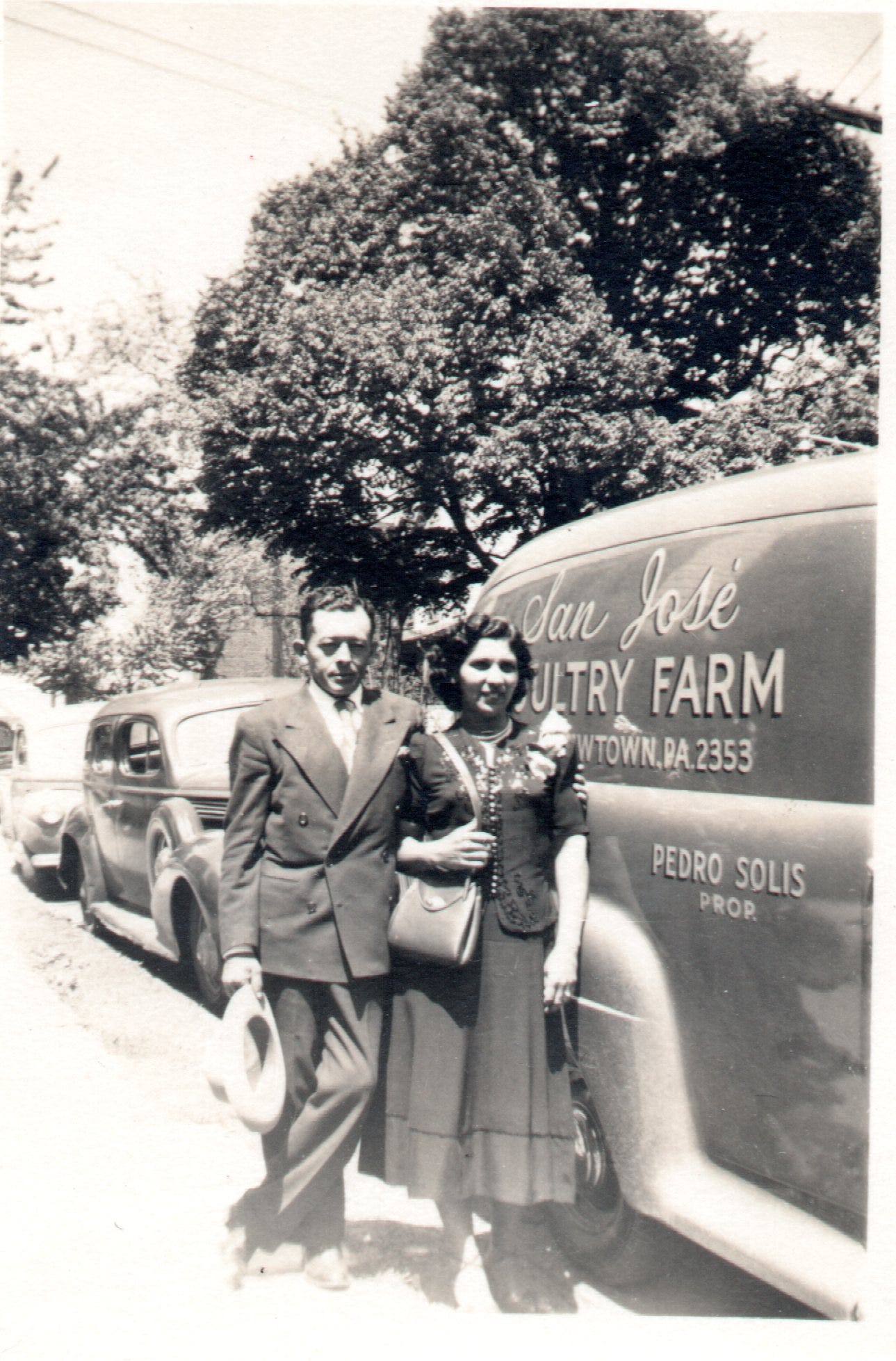Like Zorro of yore, I present the story of the man, the myth, the legend:
Throughout history, war has been the medium those in power have used to expand their territory or amass more power. The warrior, the pawn in the game of life and death for those seeking god status. His job: sacrifice for the cause or prevail. And of the myriad problems associated with war, at times, those meeting on the battlefield didn’t even know why they were in uniform, preparing to meet their maker.
And since the Lost Colony at Roanoke, America has been at war with itself. Think of repressive rule, and the impetus to overturn … or institute. Recall British Americans fighting for their independence to become Americans. Then, during the Civil War, the country again wanted to rip itself apart. And once the Appalachians could no longer restrain the pioneers, to enlarge the national boundaries, those in government lied, and then decimated the nations covering the West; taking land from those who had forcefully taken it from others while a coast-to-coast expansion took place.
America then backed Europe in two world wars. In one, our government precipitated an attack on the military itself sacrificing thousands to manipulate involvement; interred innocent citizens while stripping them of their possessions; ushered in the atomic age and pushed a Cold War. Plus, to continue building a more “perfect union,” legislators have pushed their ideas of democracy on other countries, generating more war. The last, I contend, is imperialism. Yet, through the lessons inflicted and learned, the warrior did his job, no questions asked. For God, for country, all the way “till death do we part:” Manifest Destiny!
Like the old adage in racing, “Win on Sunday; Sell on Monday,” including the trickle-down engineering from race cars to daily drivers, war has had the same effect. Not completely bad while the country grew technologically. The caveat: industries and legislators have grown rich while reaping the beneficial reward of a strong military complex. And for ponderment: When Chico arrived in Vietnam, his career field had been a profession less than fifty years. The warrior though, had fought for centuries. Compared to other means of war, the fighter pilot was a very young profession.
______________________
Born April 19, 1929, Roland Xavier Solis, alias Chico, was the first of eight children. The split of siblings: five brothers, three sisters, with a twenty-year timespan from the oldest to youngest. And roughly six months after Chico’s birth, the country fell into the Great Depression. With twenty-five percent unemployment, life was tough. For some, families had to move across the country to find work, only to be frowned on by those trying to maintain their existence. To contrast, life remained “normal” for those higher in the food chain and not completely affected by the market’s collapse. Two extremes in a nation of many.
Chico’s youth was a world of little in a system of fighting for basic inclusion and hand-me-downs. Money was so tight, when the soles of his shoes developed holes, cutouts prolonged their life. If they were usable when he outgrew them, the next sibling down was handed them. Chico also wore the same pair of clothes all week. If he wanted them cleaned, he washed them before bed, hanging them up to dry.
In life, his parents settled in Pennsylvania where good fortune befell. Antonia, his mother, was from Puerto Rico. His father, Pedro, the Yucatan Peninsula. Financially poor, they managed to buy a homestead in Bucks County, outside Newtown. The owner reluctantly sold it on a payment plan. The handshake made, Pedro’s words: “My children may not eat, but you’ll get your payments.” Thus, early life in Pennsylvania was rough. Being dark-skinned Mexicans in a Dutch-German community, they were considered the first “blacks” in the area. Neighbors referred to them as “Ns.” On the good side, Pedro and Antonia were loving, involved parents, although the antithesis of each other. Pedro was kind, interested, and gentle. If one of the kids did something wrong, he lectured for hours, then wouldn’t talk to the offender for days. He worked outside of the house, but also raised chickens on the farm, harvesting eggs to help make ends meet.
Conversely, Antonia was a disciplinarian: Independent, assertive, and forceful. Punishment was immediate, over in minutes, then followed by hugs. To offer perspective, during her childhood, her father died, leaving the family poor. In school she’d had run-ins with a teacher who constantly blamed her for mischief, when in truth, the well-to-do students were at fault. Having reached a breaking point, Antonia desired recourse. Early one day she met with the teacher. Hands behind her back, she carried a brick and posed her question. When the teacher responded negatively, she planted it against his head. He never bothered her again.
When Antonia moved to Philadelphia, she rented a room at the YWCA. Money being tight, she afforded a movie one evening. Dressed for the occasion, she donned a hat requiring the use of long pins. At the theater she settled in to enjoy the show. To her chagrin, another moviegoer sat down, and made an advance. Having no interest, she pulled one of the pins and plunged it into the man’s thigh. She then casually changed seats, leaving him to ponder his actions.
Then, after marriage and family, Pedro, Antonia, and one daughter went to the movies. Now, Pedro always sat at the rows end, departing when the show ended to wait in the lobby while Antonia watched the credits, not wanting to disturb others while exiting. During the movie, a man sitting in the row just ahead of them reached his hand back and placed it on the daughter’s lap. Antonia politely removed it, placing it on the chair’s back next to him, staying quiet. When the man got up to leave, Antonia rose from her seat, and walked beside him. Reaching the aisle, she cold-cocked him, leaving him on the floor. She then took her daughter by the hand, went to the lobby, hooked arms with Pedro and walked out without saying a word.
And the egg business. Antonia ran operations, selling out of a van. One day three men harassed her. Down the street, a police officer noticed the commotion. But before he arrived, Antonia had all three on the ground, eggs intact. That fierce independence endured throughout her life. Chio followed suit.





That's my kind of woman! However if we tried those things today, we'd be sitting in a cell in the nearest jail and fined considerably, if not worse!